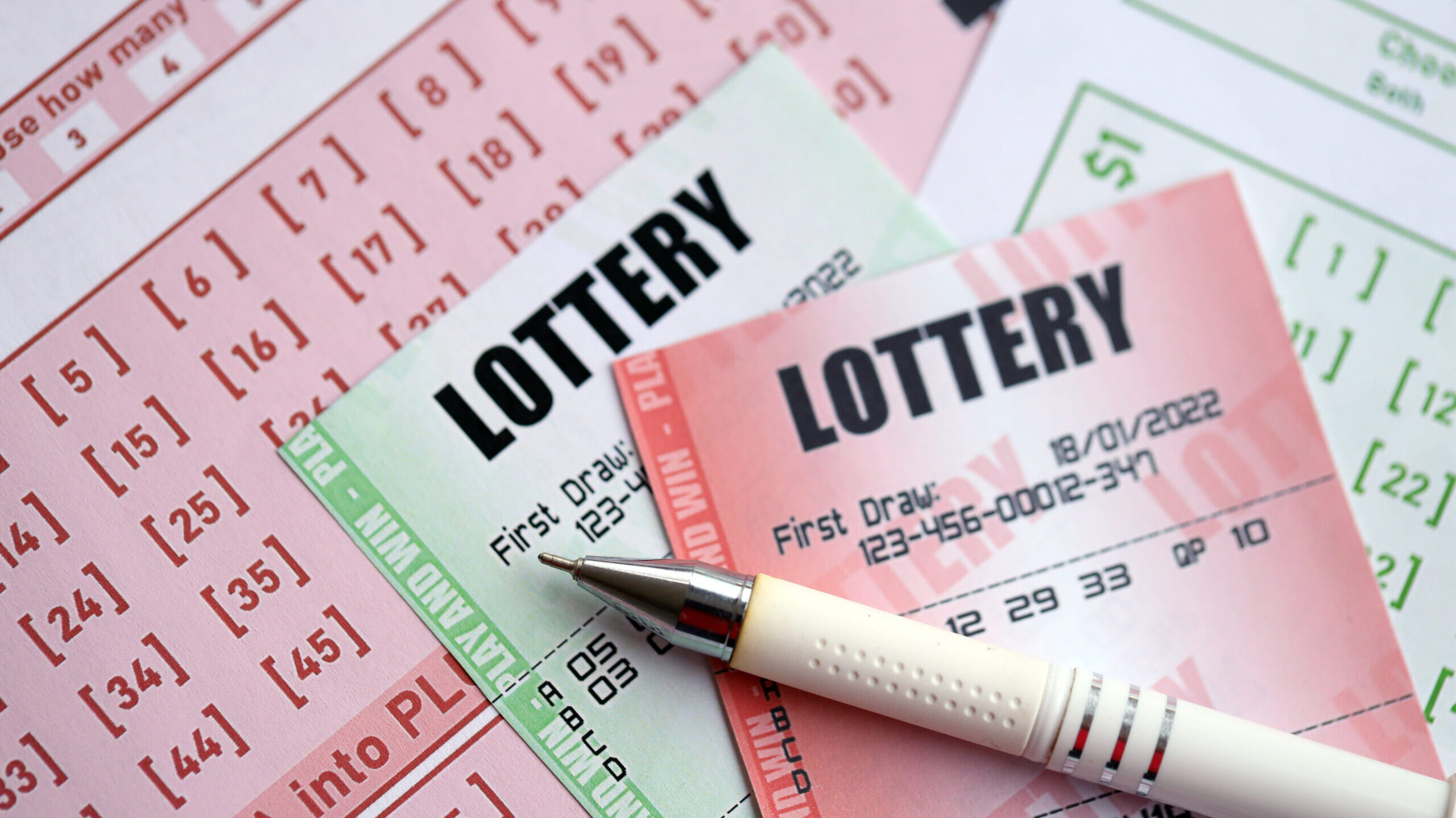|
Getting your Trinity Audio player ready...
|
You’re not going to believe this, but there’s a gambling bill – or two or three or maybe as many as five – floating around the Alabama Legislature, but the sponsor is unsure if it has the votes and the margins are razor thin.
The votes – you need 21 in the senate to pass – might be there, but they might not. They’ve been there at times over the past few weeks – well, maybe they’ve been there – but then just as quickly the tally became shaky.
I wrote almost this exact column last year, but let’s do it again.
At its core, the bill, which has remained in a constant of change as sponsor Sen. Greg Albritton has tried to lure in more votes and address concerns, is not much different from the comprehensive gaming bill that failed by a single vote last year. It would give voters the opportunity to approve up to seven casino licenses, but those casinos would feature electronic bingo machines and not table games. It would also include sports wagering, a lottery and a gambling commission to oversee it all. Additionally, there would be language granting the Poarch Band of Creek Indians a compact.
It’s an OK bill, depending on the exact minute at which you view it – before it changes again.
But the typical hand-wringing and posturing has commenced, as senators feign grave concerns in an effort to either get more revenue devoted to their pet projects or favorite agencies, shift impact towards or away from their districts and/or simply prolong the never-ending effort to pass gambling legislation. (It would be interesting to put together a list of the children of lobbyists, attorneys and consultants who have been put through college solely from the proceeds of annual oh-man-gambling-almost-passed-but-didn’t charade.)
The reasons for the uncertainty this time around are no different than the reasons from last time.
Some senators are worried about revenue distribution, and there have been prolonged and in-depth discussions about shifting revenue from X to Y to appease a certain sub-set of lawmakers. Inevitably, however, making such a shift then puts in jeopardy the votes of some other sub-set of lawmakers.
For example, one proposed shift has been to move some lottery revenue from education to infrastructure. However, doing so does two things – it makes the bill tougher to pass in the House, where Democrats will be needed, and it makes it vulnerable among voters when it ends up on a ballot. (An education lottery is wildly popular. Lottery proceeds being spent by our legislators to hand out brother-in-law deals is less popular than measles.)
To be clear, the senators who are making noise about revenue are not serious people. If they were, they wouldn’t also be advocating for ridiculous electronic bingo casinos, which will produce a fraction of the revenue and have limited upside potential for destinations that attract tourism.
I mean, who says, “yeah, give me casinos, but give me second-rate casinos”? It’s like opening a bar and not selling liquor. Everyone still thinks of it as a bar. Those who hate bars are still just as mad that there’s a bar. The problems that come from opening bars are all still present. The only difference is that you’re not making the same amount of money because you decided to be stupid.
Honestly, it’s so stupid that it makes me question whether there’s something else at play – like who are those electronic bingo machine manufacturers donating to?
Revenue, though, is not the only issue – real or fake – that is bogging down the 2025 version of gambling.
There also have been concerns about where casinos would be allowed (although, no one seriously questions locations at this point) and about tax rates that the casinos would be forced to pay.
But in reality, the only thing that is necessary for a decent gambling bill to pass will be up to voters in 2026. Someone is going to have to lose an election over it.
Until voters prove that cleaning up gambling in this state is important enough to cost someone an election, nothing will change. They’ll keep right on dangling these oh-so-close debates in front of everyone and pretending that these are really complicated, tough issues that they just can’t get together on.
The fact is it’s not a hard issue at this point. The people support it – it’s the number one issue in most polls among likely voters – and the nuances and facts have been kicked around so much by now that they’re not mysterious or confusing, even to the casual observer.
Until the people hold someone accountable for these constant failures, it’s highly unlikely anything will change.














































